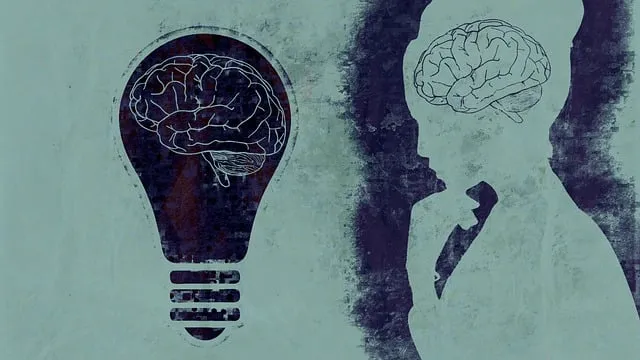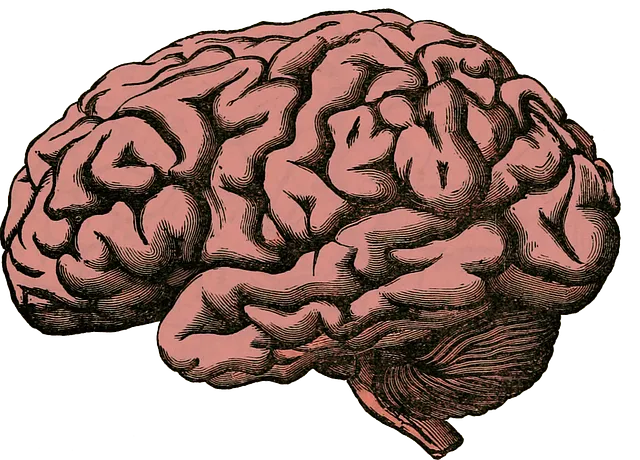The Kaiser Permanente mental health center in Longmont prioritizes culturally sensitive care, recognizing that diverse cultural backgrounds significantly influence patients' mental health experiences and needs. Through comprehensive training programs, continuous education, and initiatives like Mental Illness Stigma Reduction, the clinic fosters inclusive environments that build trust and encourage open communication. This approach strengthens patient-provider relationships, enhances engagement, and leads to better outcomes for the diverse communities they serve.
“Cultural sensitivity is a cornerstone of effective mental healthcare, especially within diverse communities. This article explores how Kaiser Permanente’s approach at its Longmont mental health center prioritizes cultural diversity and its profound impact on patient outcomes. We delve into the benefits of culturally competent care, providing strategies for professionals to enhance their practice. Furthermore, ethical considerations in navigating diverse communities are discussed, emphasizing trust-building as a key element in improving access to quality mental healthcare.”
- Understanding Cultural Diversity in Mental Healthcare at Kaiser Permanente Longmont
- The Impact of Cultural Sensitivity on Patient Outcomes and Engagement
- Strategies for Providing Culturally Competent Care: A Guide for Mental Health Professionals
- Navigating Ethical Considerations and Building Trust with Diverse Communities
Understanding Cultural Diversity in Mental Healthcare at Kaiser Permanente Longmont

At Kaiser Permanente Longmont’s mental health center, understanding cultural diversity is a cornerstone of their practice. The clinic recognizes that each patient comes from a unique cultural background, which significantly influences their mental health experiences and needs. This awareness fosters an inclusive environment where diverse perspectives are valued and respected, ensuring every individual receives culturally sensitive care tailored to their specific needs.
Through comprehensive training programs, the center equips its staff with essential communication strategies to navigate these differences effectively. By promoting empathy and cultural competency, they aim to break down barriers often present in mental healthcare, especially regarding the Mental Illness Stigma Reduction Efforts. This approach not only enhances patient-provider relationships but also contributes to building resilience among patients from various cultural communities served by Kaiser Permanente Longmont.
The Impact of Cultural Sensitivity on Patient Outcomes and Engagement

Cultural sensitivity plays a pivotal role in shaping patient outcomes and engagement at mental health centers like Kaiser Permanente Longmont. By embracing diverse cultural perspectives, healthcare providers can create an inclusive environment that fosters trust and encourages open communication. This is particularly crucial when addressing mental illness, as cultural beliefs and practices significantly influence help-seeking behaviors and treatment preferences. For instance, a patient from a community with strong family ties might prioritize collective support over individual therapy.
A culturally sensitive approach enhances patient engagement by recognizing and respecting these differences. Research has shown that when mental health services align with cultural values and norms, individuals are more likely to access care, adhere to treatment plans, and experience positive outcomes. This is not merely a matter of ethical practice; it’s also an evidence-based strategy that can improve clinical outcomes, reduce symptoms of mental illness, and even lower healthcare costs. Moreover, organizations like Kaiser Permanente Longmont can leverage initiatives such as Mental Health Policy Analysis and Advocacy, Community Outreach Program Implementation, and Mental Illness Stigma Reduction Efforts to promote cultural sensitivity, ultimately benefiting patients and strengthening community connections.
Strategies for Providing Culturally Competent Care: A Guide for Mental Health Professionals

In providing culturally competent care, mental health professionals at Kaiser Permanente mental health center Longmont employ diverse strategies to bridge the gap between healthcare and cultural backgrounds. This approach ensures that every patient receives personalized support tailored to their unique needs. One key strategy involves actively listening to patients’ stories and perspectives, recognizing cultural nuances that influence their experiences with mental wellness. By fostering open dialogue, providers create a safe space for individuals to express themselves honestly.
Additionally, continuous education plays a vital role in cultivating cultural sensitivity. Mental health professionals at Kaiser Permanente Longmont invest time in learning about various cultural practices, beliefs, and challenges related to mental health. This knowledge equips them with tools to offer effective Depression Prevention and Burnout Prevention strategies for Healthcare Providers, thereby enhancing the overall Mental Wellness of their diverse patient population.
Navigating Ethical Considerations and Building Trust with Diverse Communities

Navigating ethical considerations is a cornerstone of mental healthcare practice, especially when serving diverse communities in a center like the Kaiser Permanente mental health center Longmont. Building trust requires an understanding of cultural nuances and values that shape individuals’ experiences and interactions with mental health services. Healthcare providers must be attuned to potential ethical dilemmas arising from cultural differences in beliefs about mental illness, treatment approaches, and communication styles.
For instance, what constitutes a supportive environment for one individual might differ significantly for another. Some communities may prefer direct communication, while others favor more indirect or familial-centric approaches. Therefore, mental health professionals must be equipped with the knowledge and skills gained through robust Healthcare Provider Cultural Competency Training and Mental Wellness Coaching Programs Development to adapt their practices accordingly. This involves cultivating positive thinking, empathy, and a willingness to learn from diverse perspectives, ultimately fostering an inclusive atmosphere that promotes healing and recovery for all clients.
Cultural sensitivity is a cornerstone of high-quality mental healthcare, as demonstrated by Kaiser Permanente’s commitment at their Longmont center. By recognizing and respecting cultural diversity, mental health professionals can significantly improve patient outcomes and engagement. Implementing culturally competent care strategies, navigating ethical considerations, and building trust with diverse communities are essential steps towards ensuring everyone receives respectful and effective treatment. Incorporating these practices not only benefits individual patients but also fosters a more inclusive and equitable healthcare system as a whole.






